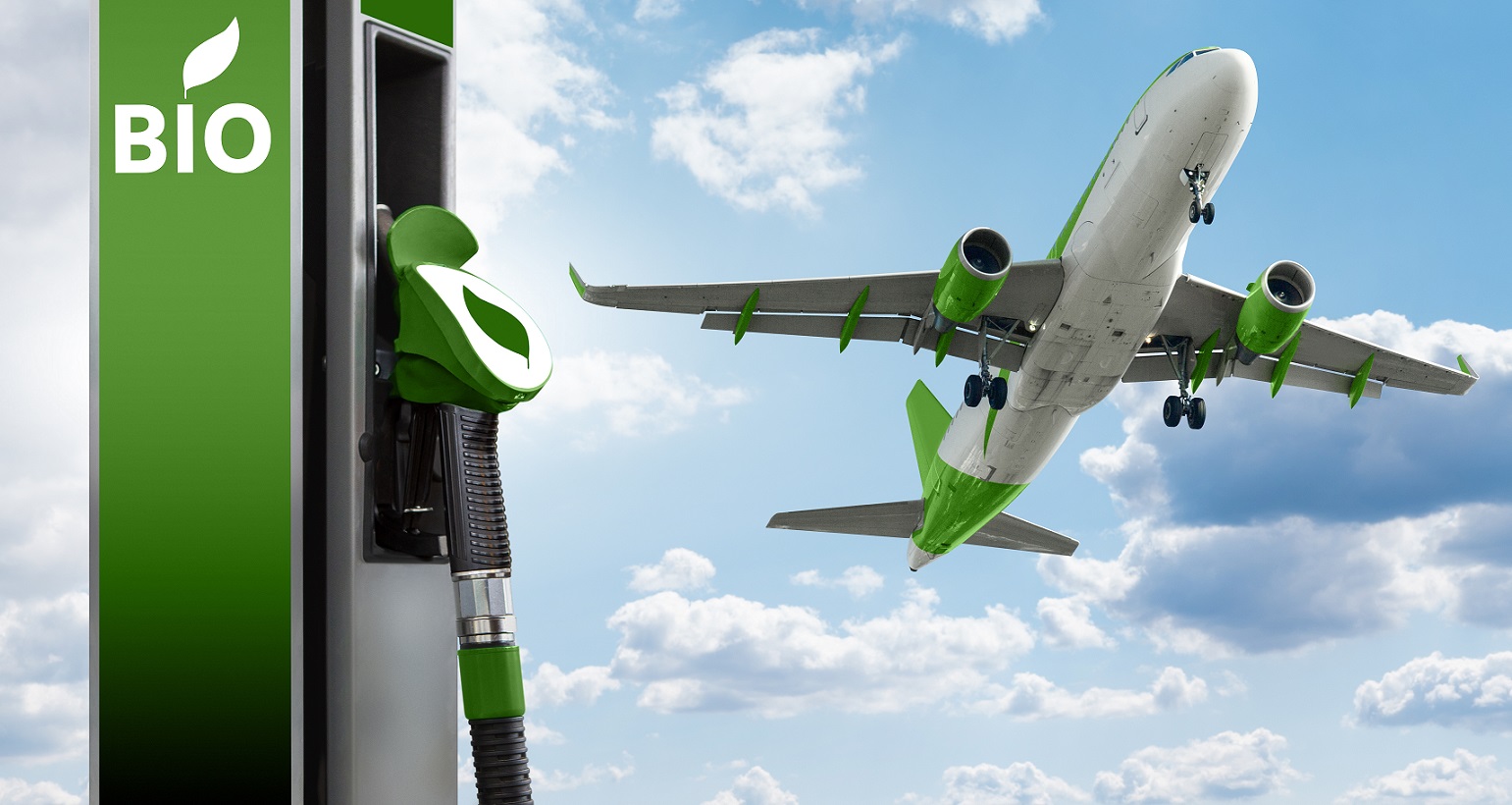Qatar Airways signs up for green jet fuel with Shell
01 / 06 / 2023

Photo: Scharfsinn/ Shutterstock
Qatar Airways has signed a deal with Shell for 3,000 tonnes of neat (undiluted) Sustainable Aviation Fuel (SAF) at air cargo hub Amsterdam Schiphol Airport.
The deal falls under the airline’s existing jet fuel contract at the airport, but will now include at least 5% SAF over the contract period for the 2023-24 fiscal year.
Qatar Airways’ bilateral agreement with Shell is part the Oneworld alliance’s wider target for SAF to form 10% of combined fuel volumes by 2030.
Qatar Airways says it will be the first carrier based in the Middle East and Africa to procure a significant amount of SAF in Europe, beyond government SAF mandates.
The carrier expects to reduce its emissions on flights from Amsterdam by about 7,500 tonnes of CO2 during the fiscal year.
Qatar Airways group chief executive, Akbar Al Baker, said: “We are strongly committed to supporting the industry’s effort to ramp-up the use of sustainable aviation fuel, as one of the key pillars to decarbonise the aviation industry.
“Last year, we signed our first offtake agreement in the US, and now we are placing a multi-million US dollar SAF deal in Amsterdam to illustrate our SAF commitment and reiterate our calls for a more robust SAF supply chain across our global network.”
The carrier, he added, would remain steadfast in its target to use 10% SAF by 2030. However, SAF remains 3-5 times more expensive than fossil-based jet fuel and it was essential for stakeholders to facilitate research and development into SAF facilities, Baker warned.
President of Shell Aviation, Jan Toschka, commented: “SAF is a key lever for decarbonising aviation, but scaling its supply and use requires concerted action across the aviation sector. Today’s agreement is a great example of the collaborative actions that are required to help accelerate aviation’s progress towards net zero.”
SAF offers significant potential for decarbonisation; according to IATA, neat SAF can reduce full lifecycle emissions by up to 80% compared to conventional jet fuel.














